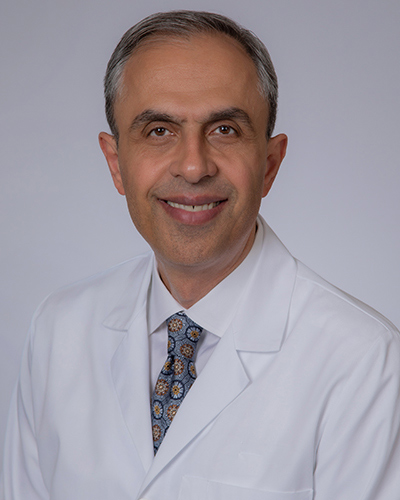Causes of Ependymoma


An ependymoma is a type of tumor arising from ependymal cells that line the ventricles of the brain and central canal of the spinal cord. Ependymomas are relatively rare, accounting for only about 2% to 3% of all brain and spinal cord tumors in adults and up to 10% in children. A diagnosis of ependymoma can be unexpected and may prompt questions about the causes and risk factors for the development of this condition.
What Causes Ependymoma?
The exact cause of ependymomas in the brain or spine is not yet fully understood. Ependymomas arise from specialized ependymal cells that line the ventricles and central canal of the spinal cord. Like in the case of tumors generally, mutations in the DNA of ependymal cells eventually lead to abnormal and unregulated growth. However, why such mutations occur in the first place is unclear.
Certain inherited conditions such as neurofibromatosis type 2 (NF2) has been associated with an increased risk of developing spinal ependymomas. Other specific risk factors contributing to ependymoma formation have not been identified; however, exposure to large amounts of ionizing radiation can cause DNA damage and may increase your risk of tumor development in general.
Can You Prevent Ependymoma?
Unfortunately, there is no known way to prevent ependymoma. Ependymomas develop spontaneously and without any known cause. Therefore, there are no specific measures to prevent their occurrence. It’s easy to get caught up in worrying about the “what ifs” and “whys,” but focusing on what you can control and taking care of yourself is crucial.
Certain lifestyle choices may reduce your risk of developing certain types of cancer. Staying healthy and keeping active can also help you to expedite the recovery process and maximally benefit from treatment if you were to receive an ependymoma diagnosis. Here are some specific lifestyle choices that can help:
- Maintaining a healthy diet: Eat a balanced diet that includes plenty of fruits, vegetables, and whole grains. Limit your intake of processed foods, red meats, and saturated fats.
- Engaging in regular physical activity: Aim for at least 150 minutes of moderate-intensity exercise or 75 minutes of vigorous-intensity exercise per week. This can include activities such as brisk walking, jogging, cycling, or swimming.
- Avoiding tobacco and excessive alcohol consumption: Smoking and using tobacco products is a leading cause of cancer and should be avoided entirely. Additionally, excessive alcohol consumption can increase your risk of certain types of cancer. Limit alcohol drinks to no more than 1 drink per day for women and 2 drinks per day for men.
- Minimizing exposure to environmental toxins and radiation: Avoid exposure to harmful chemicals and protect your skin from excessive sun exposure. If you work in an industry that involves exposure to radiation, take precautions to minimize your exposure and follow safety guidelines.
Keeping up with doctor appointments and seeing your primary physician on a regular basis is crucial to preventative care. During these visits, you have the opportunity to discuss any concerns you may have about your health and undergo routine screenings to catch any potential issues early on.
If you have a family history of brain or spinal cord tumors, it is important to discuss your risk with a healthcare provider. They may recommend personalized screening and monitoring options to help detect any signs of a central nervous system tumor early on.
Why should you have your surgery with Dr. Cohen?
Dr. Cohen
- 7,500+ specialized surgeries performed by your chosen surgeon
- More personalized care
- Extensive experience = higher success rate and quicker recovery times
Major Health Centers
- No control over choosing the surgeon caring for you
- One-size-fits-all care
- Less specialization
For more reasons, please click here.
Is an Ependymoma Hereditary?
Ependymoma is not considered a hereditary or genetic condition. Most cases of ependymoma occur sporadically. However, there are some rare genetic syndromes associated with an increased risk of developing ependymoma, such as:
- Neurofibromatosis type 2 (NF2)
- Multiple endocrine neoplasia type 1 (MEN1)
- Turcot syndrome
Individuals with these syndromes have a higher risk of developing ependymoma, along with other types of tumors, compared with the general population.
Key Takeaways
- The exact cause of ependymomas is unknown.
- Inherited conditions such as NF2, MEN1, and Turcot syndrome are associated with the development of ependymomas, among other tumors.
- Attending doctor appointments and regular checkups with your primary physician is critical for prevention in general.











